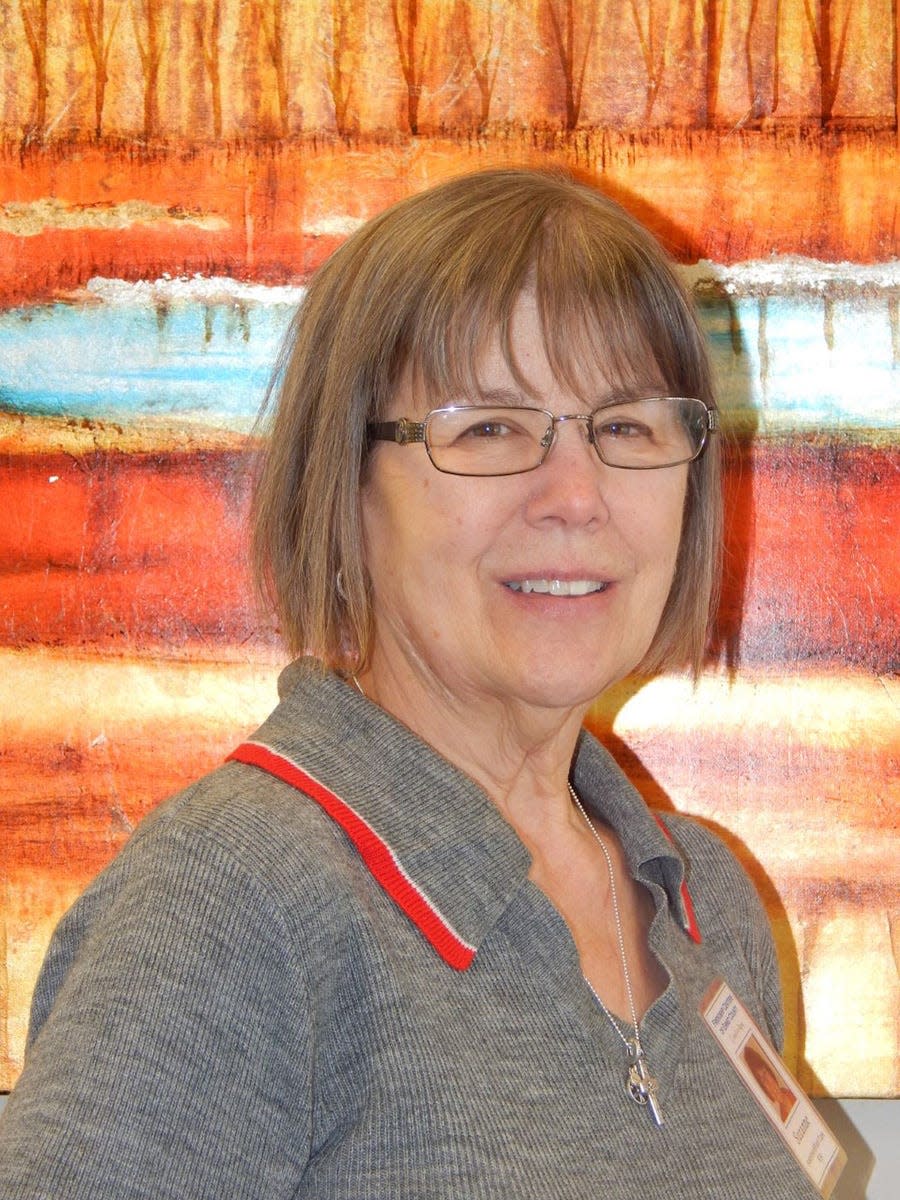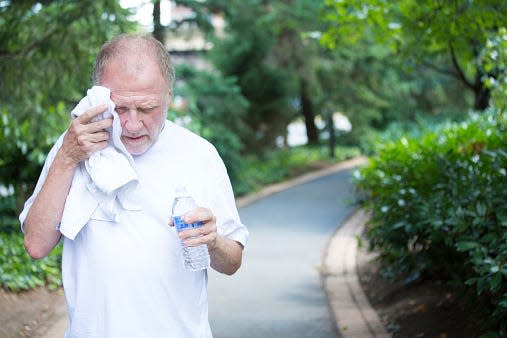Caregiver support: Stay cool in the summer heat
July has been on record as the hottest month ever. To the elderly, it is a major concern for dehydration and safety.

Elderly are more susceptible to heat-related illnesses. They do not effectively cool down and it takes longer for recovery when overheated. There are ways to counter the heat, sun, and humidity and stay well in the heat of the summer. As caregivers, it is important for you to know what to do or what to consider when keeping those you care for safe who are elderly.

Subscribe: Check out our offers and read the local news that matters to you
Here are five tips to help with the summer heat:
Check the home for proper ventilation. Good airflow is essential to fight high temperatures and humidity, especially if the home is without air conditioning or fans. Many seniors complain about being cold and might not open a window due to safety concerns. Window safety latches can allow air to circulate when partially open but secure. Consult your local hardware store for options. Smaller or tabletop fans might be a better and quieter choice than a louder large fan. Use the window air conditioner set at low 70s to be a comfortable temperature or a portable air conditioner that can move from room to room to improve airflow.
Seek out public buildings to visit with air-conditioning when temperatures are in the 90s to cool off. Public places to consider are public libraries, restaurants, shopping malls or stores, and senior centers. Hot weather can increase dehydration for those who are taking medication that causes fluid and electrolyte loss. Taking antibiotics and diuretics can block the body’s ability to cope with the sun and heat. Also, being on a low carbohydrate diet with the consumption of additional proteins can cause the body to heat faster. It is essential to maintain a balanced fluid intake throughout a hot day. Water is the preferred choice for fluid intake.
If you plan for outdoor activities during hot weather, stay in the shade, and use high SPF sunblock 30+ to protect your skin. Encourage wearing loose fitting and cool, light colors clothing and head protection such as a hat or cap.
Drink plenty of hydrating fluids. 8 to 6, 8 oz. glasses of water are usually recommended daily. Caffeine and alcoholic drinks should be avoided since they can cause dehydration. Often with perspiration electrolytes, potassium, and sodium are lost. The use of sports drinks such as Powerade or Gatorade are good choices to replenish electrolytes.
What are the symptoms of heat exhaustion? Be on alert for pale, cold, or clammy skin, extreme thirst, light-headedness, fainting, mild nausea, vomiting, and excessive sweating. Signs of heat stroke include hot, dry skin, a fast, strong pulse, confusion, and a body temperature of 104 degrees or higher. If a person exhibits signs of heat stroke, this is a serious medical emergency, and 911 or your local emergency medical team should be contacted. Take care of yourself and those you care for and keep safe this summer.
Suzanne Holguin, RN, BSN, is assessment nurse and caregiver support group facilitator at the Friendship Centers of Emmet County.
This article originally appeared on The Petoskey News-Review: Caregiver support: Stay cool in the summer heat

